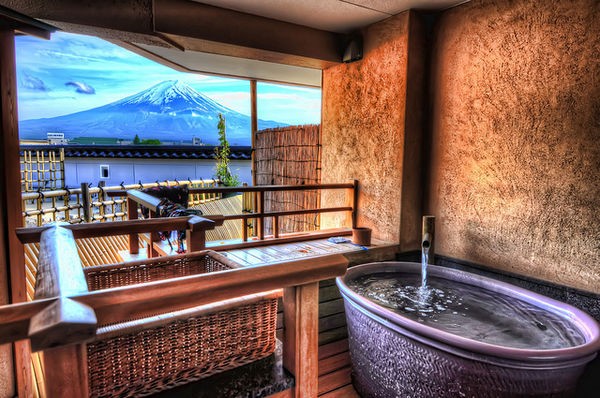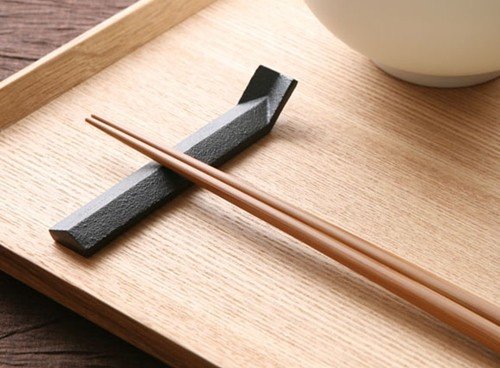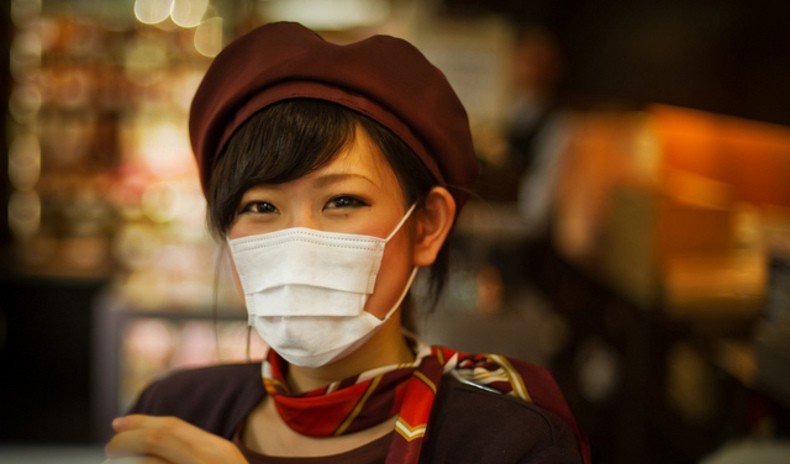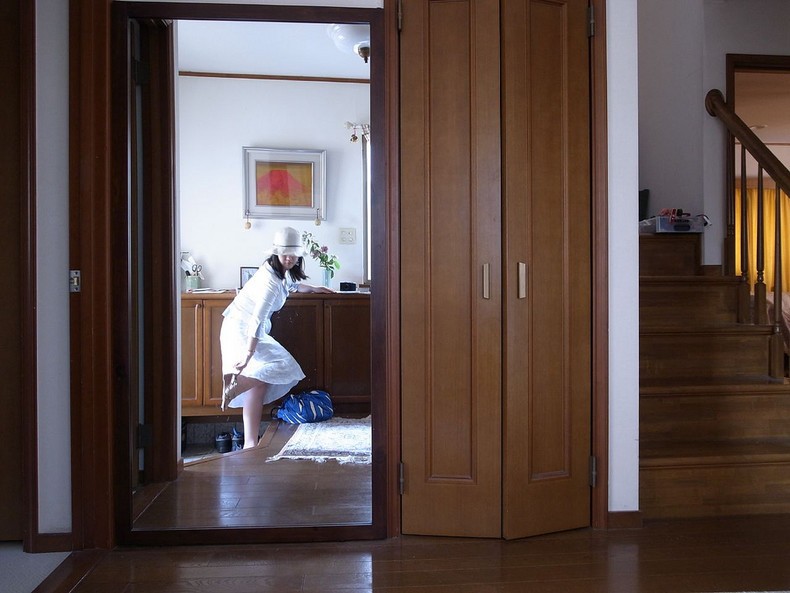Hygiene is very important to avoid diseases, contamination and other miscellaneous things. In this article, we will see some acts and hygiene habits practiced by the Japanese in Japan.
Each country has its hygienic habits and customs, and Japan has several customs, and the interesting thing is that they are mostly followed by everyone. Not following these habits can be embarrassing for you!
Hygiene Habits in Public - Blowing Nose and Eating
You shouldn't blow your nose in public. Even for us Brazilians this practice is strange and vulgar, in Japan it is no different. Also, you shouldn't eat while walking on the street, you might bump into someone and get dirty.
We usually always carry a tissue or piece of toilet paper so we don't have to be in this situation, but there, the Japanese prefer to go to a bathroom to do their proper cleaning. Don't even think about blowing your nose in front of others.
When you're on the street, don't think about throwing trash on the floor. It can be difficult to find a trash can, but simply carry your trash to your home or a convenience store. If you want to eat, there is usually a space for it in these convenience stores.
Habits of Hygiene and Cleanliness in Religion
Religion plays a large role in the cultural significance of cleanliness and hygiene in Japan. The Shinto religion highly values purity, in fact you have to wash your hands and face before entering a Shinto shrine.
Shinto Gods (Kami) are said to hate dirt, and since every thing can end up being a God for Shintoists, it makes sense to keep everything clean. Buddhism also teaches that cleanliness is the key to having a peaceful mind and teaches good morals.
Even if you don't believe in any of the religions, cleanliness has become ingrained in Japanese culture, so it's best to follow the "rules".
Hygiene habits in the shower and bath
The way people shower in Japan is a little different than in Western countries. In Japan it is common for people to take a shower to clean themselves and then go to the hot tub to relax.
In a typical Japanese apartment, the bathtub, shower, sink and toilet will all be in the same room. The entire bathroom can get wet, so don't be afraid to get everything wet. It is extremely important that you don't use soaps, shampoos and others inside the bathtub, always do it outside.
Japan showers are usually detachable on the wall, you can enter the bathtub to take a bath and place the shower where you want. Everything is similar to hygiene habits in onsen and bathrooms from Japan.
Generally, the order in which Japanese families use the bathtub follows a family hierarchy, with the father going first. The same bath water is used by each family member. After everyone has bathed, the tub is drained and cleaned.

The article is still halfway through, but we recommend also reading:
Hygiene with chopsticks
You hashi are not discarded, so it is important to maintain constant hygiene. Of course, there are disposable chopsticks, especially in restaurants, but it's easy to tell them apart.
It is important to know where you leave them and in what way, always prefer to leave them wrapped in a cloth or napkin. Also remember not to play with them, this is disrespectful and rude!
Some people make a lot of artwork out of used chopsticks, so know that you can reuse them in a way that doesn't harm the environment.

The habit of wearing hospital masks
The practice was only adopted after 2003, after the SARS outbreak. After a shortage, people started to stock up on these masks, and over time they became a habit.
They use them even without needing to, the main reasons are not to catch native flu and also not to pass and also not to have the risk of being contaminated by someone else.
In addition, they can be used for fashion, protection from the cold, hide imperfections on the face, protect from radiation and pollution and also to feel more confident.

Take off your shoes before entering any home
This is one of the most important practices and should be adopted by us Brazilians.
In Japan, it is common for houses to have floors of tatami, so shoes and others easily soil these floors. In addition, we don't know where other people have stepped, much less where they have been, so it's good to be on guard.
In Japanese houses, you will always have specific shoes to wear inside the house. It is also certain that you will have an area to store your shoes. This is also valid in Japanese schools.

Cleaning in schools
This act is more in general, but it also counts.
We have said many times that whoever cleans the schools are the students themselves, this is very important for their growth. Therefore, they are fully aware that if they get dirty, they will have to clean it up.
In addition, they learn to have responsibilities and also learn household chores, something that is lacking in our young Brazilians. This involves general hygiene. In addition to having a very well prepared hygienic material, another thing that is lacking in our Brazilian schools.
The Habit of Sorting Garbage
The selective collection starts at home and the packages with organics are taken separately, where each material has a specific day for collection.







